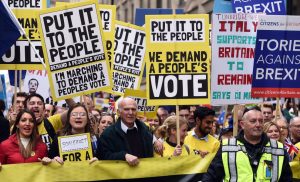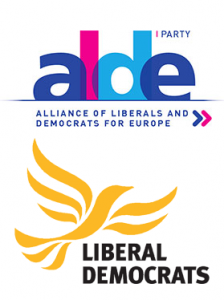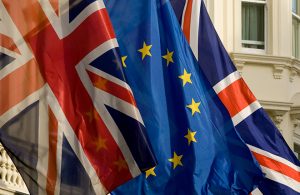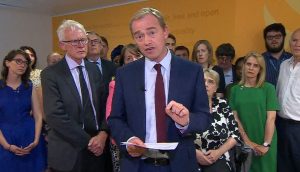
Even before the arrival of Covid19 we were in turbulent times. British politics since the referendum has been highly dysfunctional.
In the 2019 General Election, my sense was that the Tories and Labour had lurched to extremes. On the doorstep I found even Remain supporters switching from us to the Tories for fear of a Corbyn-led government. Labour seemed to have prioritised ideological purity over electability, which was the place from which they were attacking us over the coalition.
Under normal circumstances, their choosing, in Keir Starmer, a leader who would be a credible Prime Minister would change everything and point to a revival of their fortunes and ours. As it is, the proposed changes to constituency boundaries are likely to favour the Tories. If the country is to move away from having an anti-European, authoritarian and incompetent government, we will need to work with Labour — which has to include the possibility of coalition.
Continue reading “The next coalition?”








